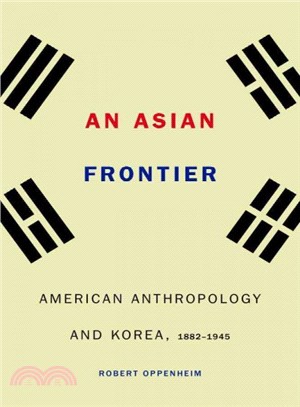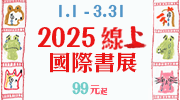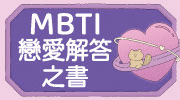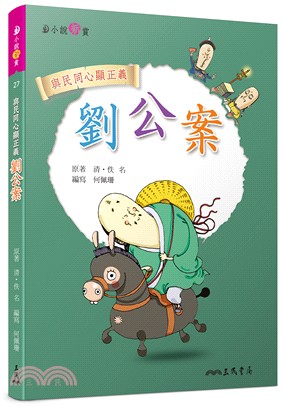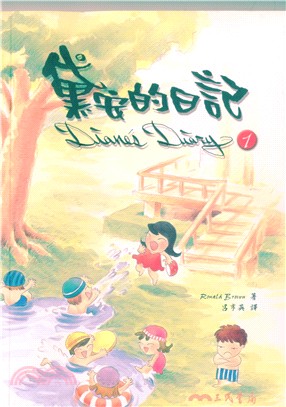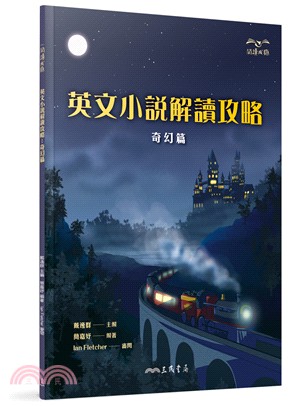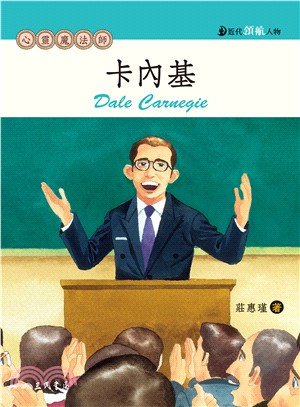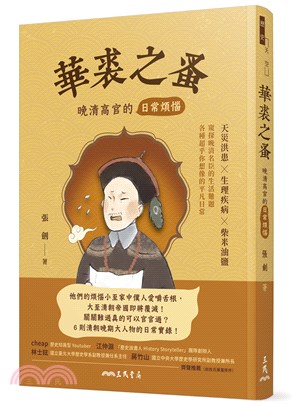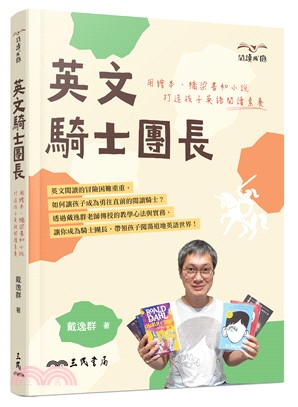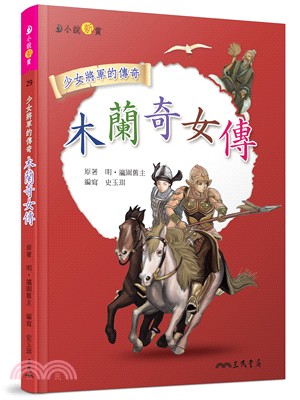An Asian Frontier ― American Anthropology and Korea 1882-1945
商品資訊
系列名:Critical Studies in the History of Anthropology
ISBN13:9780803285613
出版社:Univ of Nebraska Pr
作者:Robert Oppenheim
出版日:2016/06/01
裝訂/頁數:精裝/416頁
規格:22.9cm*15.2cm (高/寬)
定價
:NT$ 4350 元若需訂購本書,請電洽客服 02-25006600[分機130、131]。
商品簡介
作者簡介
相關商品
商品簡介
In the nineteenth century the predominant focus of American anthropology centered on the native peoples of North America, and most anthropologists would argue that Korea during this period was hardly a cultural area of great anthropological interest. However, this perspective underestimates Korea as a significant object of concern for American anthropology during the period from 1882 to 1945—otherwise a turbulent, transitional period in Korea’s history.An Asian Frontier focuses on the dialogue between the American anthropological tradition and Korea, from Korea’s first treaty with the United States to the end of World War II, with the goal of rereading anthropology’s history and theoretical development through its Pacific frontier.
Drawing on notebooks and personal correspondence as well as publications of anthropologists of the day, Robert Oppenheim shows how and why Korea became an important object of study—with, for instance, more published about Korea in the pages ofAmerican Anthropologist before 1900 than would be for decades afterward. Oppenheim chronicles the actions of American collectors, Korean mediators, and metropolitan curators who first created Korean anthropological exhibitions for the public. He moves on to examine anthropologists—such as Ale? Hrdlicka, Walter Hough, Stewart Culin, Frederick Starr, and Frank Hamilton Cushing—who fit Korea into frameworks of evolution, culture, and race even as they engaged questions of imperialism that were raised by Japan’s colonization of the country. In tracing the development of American anthropology’s understanding of Korea, Oppenheim discloses the legacy present in our ongoing understanding of Korea and of anthropology’s past.
Drawing on notebooks and personal correspondence as well as publications of anthropologists of the day, Robert Oppenheim shows how and why Korea became an important object of study—with, for instance, more published about Korea in the pages ofAmerican Anthropologist before 1900 than would be for decades afterward. Oppenheim chronicles the actions of American collectors, Korean mediators, and metropolitan curators who first created Korean anthropological exhibitions for the public. He moves on to examine anthropologists—such as Ale? Hrdlicka, Walter Hough, Stewart Culin, Frederick Starr, and Frank Hamilton Cushing—who fit Korea into frameworks of evolution, culture, and race even as they engaged questions of imperialism that were raised by Japan’s colonization of the country. In tracing the development of American anthropology’s understanding of Korea, Oppenheim discloses the legacy present in our ongoing understanding of Korea and of anthropology’s past.
作者簡介
Robert Oppenheim is an associate professor of Asian studies and anthropology at the University of Texas at Austin. He is the author of Kyongju Things: Assembling Place.
主題書展
更多
主題書展
更多書展今日66折
您曾經瀏覽過的商品
購物須知
外文書商品之書封,為出版社提供之樣本。實際出貨商品,以出版社所提供之現有版本為主。部份書籍,因出版社供應狀況特殊,匯率將依實際狀況做調整。
無庫存之商品,在您完成訂單程序之後,將以空運的方式為你下單調貨。為了縮短等待的時間,建議您將外文書與其他商品分開下單,以獲得最快的取貨速度,平均調貨時間為1~2個月。
為了保護您的權益,「三民網路書店」提供會員七日商品鑑賞期(收到商品為起始日)。
若要辦理退貨,請在商品鑑賞期內寄回,且商品必須是全新狀態與完整包裝(商品、附件、發票、隨貨贈品等)否則恕不接受退貨。



